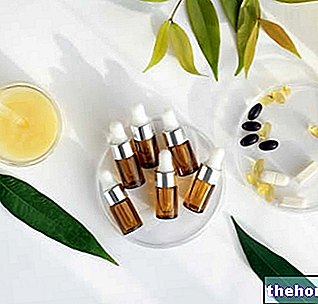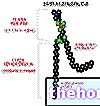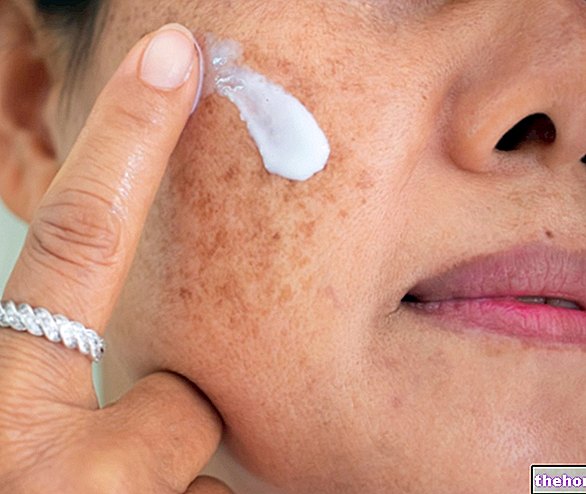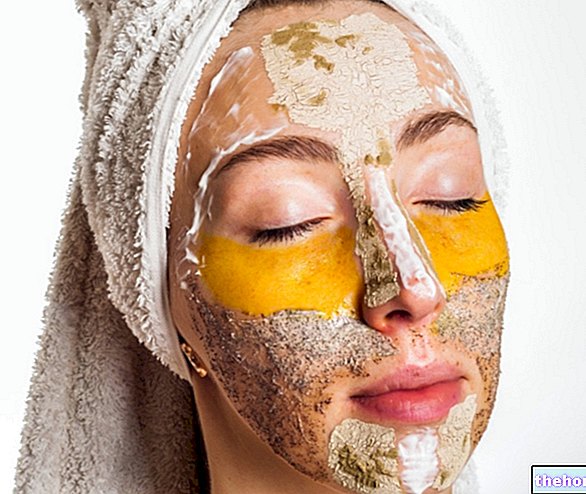
There are different types of exfoliants that can be used on the skin of the face; these products can be divided into two groups according to the mechanism of action by which they induce exfoliation. Despite this difference in the way of acting, the purpose for which exfoliants are used is the same, that is to remove dead cells present in the most superficial layer of the skin by stimulating the renewal process.
Note: in this article we will consider cosmetic facial exfoliants that can be used at home and not products whose use is reserved only for the professional or medical field.
- they are products that exfoliate a mechanical type exfoliating action. In fact, these are products in the form of gels or creams inside which are suspended powders or solid microgranules which, through massage and rubbing on the skin, favor the removal of dead cells present on the skin surface.
Composition
The physical exfoliants for the face available on the market are different, lately those containing microgranules obtained by grinding / processing seeds or shells, such as for example:
- Apricot seeds;
- Almond seeds;
- Peach seeds;
- Jojoba seeds;
- Coconut shell.
Depending on the concentration and size of the dispersed solid fraction (more or less fine powders, microgranules, microspheres, etc.) it is possible to vary the degree of exfoliation that can be obtained with the use of the product.
Formulations
Physical exfoliants can commonly be found commercially in the form of gels, creams, cleansers, or face masks. In addition, other ingredients with different properties may also be present in the formulation (for example, moisturizers, emollients, etc.).
In addition to these ready-to-use products, some brands also offer the sale of "pure" powders / microgranules that must be previously mixed with other cosmetics before use (for example, they can be mixed with your favorite detergent, or with the face cream that you usually use).
For further information: Physical exfoliants present on the surface of the skin. In other words, they carry out what can commonly be defined as a "keratolytic action.
Which ones are they?
The chemical exfoliants that can be found in cosmetic products that can be used at home are above all:
- Alpha-hydroxy acids (or AHAs, from the English Alpha Hydroxy Acid) such as glycolic acid and mandelic acid;
- L "salicylic acid (a beta-hydroxy acid);
- Polyhydroxy acids (or PHA, from the English PolyHydroxy Acid), which is, for example, gluconolactone.
There are also other types of chemical exfoliants whose use is, however, reserved for the professional and medical field. In fact, depending on the type of chemical exfoliant used and its concentration it is possible to obtain a more or less deep exfoliating action. In this regard, it should be noted that in commercially available formulations for home use - such as creams, masks, etc. - the concentrations of chemical exfoliants such as glycolic, mandelic or salicylic acid are limited, while the use of alpha- or beta-hydroxy acids in high concentrations is reserved for specialized health professionals, such as dermatologists or aesthetic doctors.
For further information: Chemical exfoliantsFormulations
As with physical exfoliants, chemical exfoliants can also be contained in different types of products, such as creams, masks, gels, cleansers or lotions. On the market it is also possible to find fabric pads soaked in ready-to-use substances with an exfoliating action that are massaged directly on the face.
For further information: Cosmetic Peeling Chemical Peeling making the skin appear smoother and brighter;Of course, it should be noted that the results obtained with skin exfoliation are subjective and can vary from person to person.
To learn more: Best Dry Scrub Brushes according to Amazon Reviews or artificial ultraviolet rays (tanning lamps)., in general, the use of facial exfoliants should be avoided on injured, inflamed and / or irritated skin and in the presence of skin diseases affecting the skin of the face. In such cases, in fact, it is advisable to seek advice from the doctor or the specialist (dermatologist) before using cosmetic products such as exfoliants which could worsen any pre-existing skin disorder.























-nelle-carni-di-maiale.jpg)




